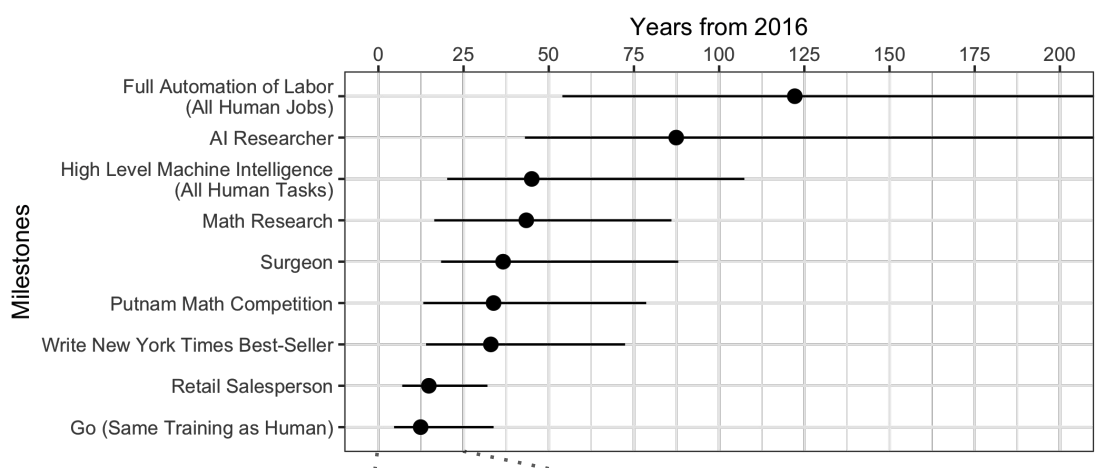Abortion, Democracy, and Erring on the Side of Freedom
by Alberto Giubilini
(crosspost: this article appeared with a different title in iaiNews)
The leaked draft opinion by Supreme Court Justice’ Samuel Alito foreshadows the overturn of the 1973 Roe vs Wade ruling. Roe vs Wade grounded women’s (limited) right to abortion in the US in the 14th Amendment of the US Constitution and its implied right to privacy. Acknowledging the pervasive disagreement over the morality of abortion, the Supreme Court has now decided to “return the power to weigh those arguments to the people and their elected representatives”.
In this way, the Supreme Court is in fact democratizing the legal availability abortion. Which raises the ethical question about whether the legal availability of abortion should be a matter of democratic procedure, as opposed to a constitutional matter around fundamental rights. I side with the latter view. I do not think a decision over women’s right to abortion should be a matter of democratic procedure such as a State election or a referendum. And I am going to provide reasons for why I think people on either side of the abortion debate can share my view, assuming they accept some fundamental tenets of liberal democracy.
Read More »Abortion, Democracy, and Erring on the Side of Freedom



